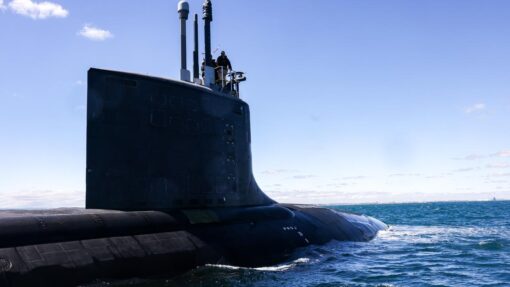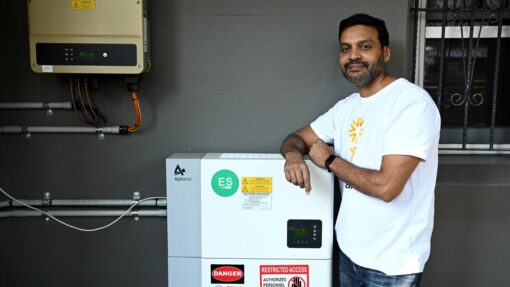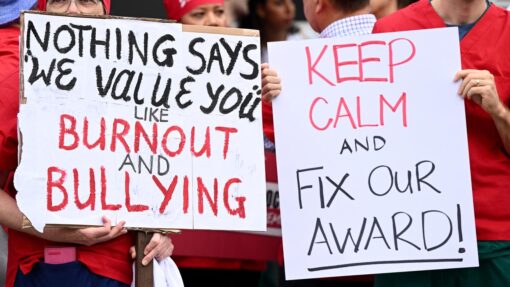Red meat, nuclear power off the climate response menu
Marion Rae |

Australians have been urged to avoid red meat and nuclear power, develop new industrial processes and revegetate the land to slash greenhouse gas emissions.
The national Climate Change Authority on Thursday released its review of how the nation is tracking towards net zero under existing policies.
The independent advice comes as the federal government faces a deadline on declaring a deeper emissions reduction target for 2035.
Australia is within striking range of its legislated target of 43 per cent of emissions cut by 2030, which must happen to have any chance of hitting net zero by 2050 or before.
“But even the Climate Change Authority’s scenario of net zero by 2040 is too late, we should be aiming for 2035 to protect our people and the planet,” ACOSS acting CEO Edwina MacDonald said.

“We can’t keep prioritising investment in profitable big industries ahead of people who are doing it tough and struggling to afford housing, energy, transport, medicine and to put food on the table,” she said.
Zoe Whitton, managing director at climate and nature investment firm Pollination, told AAP the official advice provided greater clarity on the development opportunities for major sectors, and a much clearer picture of the business case for transition.
National Farmers’ Federation president David Jochinke rejected the notion of changing dietary preferences, maintaining that a balanced and nutritious diet included red meat.
“The idea that alternative animal proteins could replace red meat in Australia’s unique rangelands is severely misguided,” he said.
Mr Jochinke also warned against the loss of agricultural land if five million hectares were used for carbon sink forestry and other carbon offsets.
“Achieving offsets through land reallocation on this scale would have a profound and detrimental impact on food and fibre production,” he said.

Energy Minister Chris Bowen said the independent advice confirmed nuclear could not replace aging coal capacity fast enough to support Australia’s 2050 target.
“Any delay risks not just our energy reliability and security but our ability to act on emissions reduction and secure the future for the next generation,” he said.
Opposition leader Peter Dutton told 2GB radio that people in regional areas were being treated as second-class citizens under the “renewables-only approach”.
Nationals leader David Littleproud has said his party wants to get to net zero but does not want the future torn up with transmission lines.
Climate Change Authority chair Matt Kean, former NSW energy minister, said renewable energy developers needed to engage with regional communities and to a better job of explaining the shared benefits.
He also warned Australia must overhaul supply chains, production systems, finance, and workforces to respond to climate change.
Industry body Low Emission Technology Australia welcomed the authority’s nod for methane mitigation technologies, including in coal mines.

The advice also identified carbon capture use and storage as an emissions reduction solution for hard-to-abate industries.
The Australian Conservation Council welcomed the analysis showing the country can accelerate towards a 75 per cent by 2035 target.
The modelled scenarios make it clear the extraction of fossil fuels will need to be reduced and ultimately phased out, for a future genuinely made in Australia, spokesman Paul Sinclair said.
The Greens said Australia could hit net-zero by 2035 but Labor was “crab-walking away from strong climate targets” while approving coal and gas projects that will run through to 2080.
“Labor are climate frauds. Small targets won’t stop the climate crisis,” leader Adam Bandt said.
The Pathways Review was commissioned by parliament to provide independent and technical advice on decarbonising the economy.
AAP


